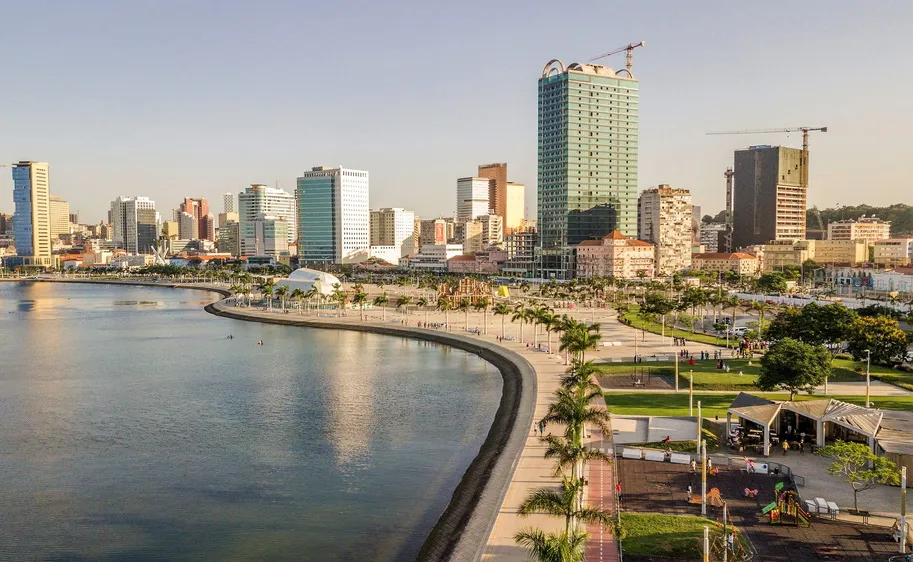- Home
- Switch to electric cars in Angola, how much are you saving?
Switch to electric cars in Angola, how much are you saving?
Electric vehicles (EVs) are gradually emerging in Angola, supported by the government’s interest in sustainable energy and the potential for renewable power sources. With Angola’s electricity prices lower than fuel costs, EVs offer a cost-effective alternative to gasoline cars, leading to significant savings on energy and maintenance. Major cities like Luanda are seeing early developments in charging infrastructure, but challenges such as high purchase costs, limited charging stations, and a lack of EV model availability hinder widespread adoption. As battery technology advances and infrastructure expands, EV adoption is expected to grow, aligning with Angola’s broader goals of reducing fuel dependency and lowering carbon emissions in the future.

| Aspect | Electric Vehicles (EVs) | Gasoline Vehicles |
|---|---|---|
| Energy Efficiency | Over 85% efficiency, meaning most energy is used for propulsion. | Lower efficiency due to heat loss in combustion. |
| Consumption (100 km) | 15 kWh (electricity) | 6 liters (gasoline) |
| Cost per 100 km | $0.90 (15 kWh × $0.06/kWh, Angola’s electricity price) | $7.80 (6 liters × $1.30/liter, estimated fuel cost) |
| Annual Cost (15,000 km) | $135.00 | $1,170.00 |
| Annual Cost (25,000 km) | $225.00 | $1,950.00 |
| Annual Cost (30,000 km) | $270.00 | $2,340.00 |
| Annual Cost (50,000 km) | $450.00 | $3,900.00 |
| Annual Cost (70,000 km) | $630.00 | $5,460.00 |
| Annual Savings (15,000 km) | $1,035.00 | – |
| Annual Savings (25,000 km) | $1,725.00 | – |
| Annual Savings (30,000 km) | $2,070.00 | – |
| Annual Savings (50,000 km) | $3,450.00 | – |
| Annual Savings (70,000 km) | $4,830.00 | – |
| Maintenance Costs | Lower: No oil changes, timing belts, or exhaust systems. | Higher: Requires regular oil changes and more mechanical upkeep. |
| CO₂ Emissions | Very low, especially if powered by Angola’s hydroelectric resources. | High emissions due to combustion of fossil fuels. |
| Government Incentives | Limited incentives, but potential for future tax reductions and exemptions. | No special incentives. |
| Infrastructure Growth | EV charging stations are still scarce, mainly in Luanda. | Well-established fuel station network. |
| Energy Security | Reduces dependence on imported refined fuel. | Dependent on global oil markets and price fluctuations. |
| Technology Evolution | Battery lifespan improving, cost reductions expected. | Limited innovation in efficiency gains. |
| Long-Term Viability | Key to Angola’s sustainable mobility future, but infrastructure must improve. | Facing increasing environmental and regulatory constraints. |

